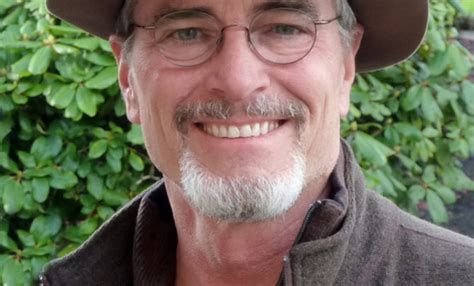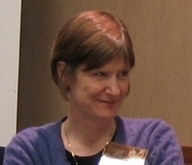A Quote by Russell Crowe
When I read 'The Water Diviner,' I was having the same kind of visceral reaction that I would normally have acting in something. I believed that I was the only person that could tell this story the way it needed to be told. That's the real arrogance of a director!
Related Quotes
A story is a way to say something that can't be said any other way, and it takes every word in the story to say what the meaning is. You tell a story because a statement would be inadequate. When anybody asks what a story is about, the only proper thing is to tell them to read the story. The meaning of fiction is not abstract meaning but experienced meaning.
The Danger of a Single Story”, which has resonated with me immensely every time I read it. “Power is the ability not just to tell the story of another person, but to make it the definitive story of that person. The Palestinian poet Mourid Barghouti writes that if you want to dispossess a people, the simplest way to do it is to tell their story, and to start with, “secondly.
What is true about a person? Would I change in the same way the river changes color but still be the same person?... And then I realized it was the first time I could see the power of the wind. I couldn't see the wind itself, but I could see it carried water that filled the rivers and shaped the countryside.
So what I am always looking for is, I'm always looking for something that that person has told me that nobody else has told me. It is normally not an opinion, and it is normally not a philosophy. It's almost always a story. Because we all share similar philosophies, we all share similar opinions on a lot of different issues, but all of our stories are our own.
I was thinking about framing, and how so much of what we think about our lives and our personal histories revolves around how we frame it. The lens we see it through, or the way we tell our own stories. We mythologize ourselves. So I was thinking about Persephone's story, and how different it would be if you told it only from the perspective of Hades. Same story, but it would probably be unrecognizable. Demeter's would be about loss and devastation. Hades's would be about love.
She smiled, if he could see that, and waited for him to ask the real question. But he was silent. He wanted her to volunteer the story, she realized, and she could just as easily choose to say nothing. But he deserved to know. They all deserved it, and Kirra already knew it, and Cammon may have guessed it, because Cammon could read souls, but Tayse was the only one she would tell.
I'm not sure that all books aren't that way. I think that might apply to any book I was writing. The book was kind of the product of this enormous infatuation I had, not only with the office and office politics, but with perspective, and trying to tell a story from as wide a range of perspectives as you possibly can. I tried to capture it all with the first-person plural, but once I settled on that, I used it to tell the story from as many angles as I could. I guess, to put it romantically, it was about a love affair with the craft of perspective.




































